General
Transport
People
Accomodation
Food & Drink
 What is local food like in Spain?
What is local food like in Spain?
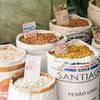 How much does the food cost?
How much does the food cost?
 What are some places to eat?
What are some places to eat?
 What local dishes to try in Spain?
What local dishes to try in Spain?
 What can I eat in Spain as a vegetarian?
What can I eat in Spain as a vegetarian?
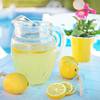 What soft drinks are available?
What soft drinks are available?
 Is there a coffee and tea culture in Spain?
Is there a coffee and tea culture in Spain?
 What alcoholic drinks to try while in Spain?
What alcoholic drinks to try while in Spain?
 What are the restrictions regarding alcohol consumption?
What are the restrictions regarding alcohol consumption?
 Where to buy alcohol in Spain and how much does it cost?
Where to buy alcohol in Spain and how much does it cost?
Sightseeing
Legal
Money
Safety & Health
Family travel
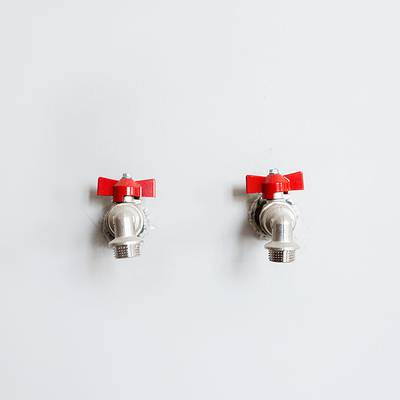
Can I drink tap water in Spain?
Yes, at least 99.5% of all public tap water in Spain is safe to drink according to international water quality standards. But there are issues such as taste, odor chlorine by-products, microplastics and local pipe contaminants.
The water companies are obliged to provide frequent water quality reports and alert customers if there is any non-compliance. Therefore there is minimal risk of getting sick from bacteria in water from the tap, public drinking fountains, at restaurants, etc.
One challenge is that Spanish water providers (just like most other countries in the world) use chlorine to sterilize tap water. For this reason, there can be a certain chemical taste to the water. It is not dangerous, and you usually get used to it after a while.
If you live near the coast, you may have higher levels of sediment like fine sand as well as more minerals in your tap water. Again, this is not dangerous, but the water may not taste as good.
If you don’t like the taste of tap water or worry about contaminants get a portable and easy to install water filter in Spain such as TAPP (price from 39 EUR for 3 months for). This has the bonus of saving money and reducing plastic waste.
10 Curious Facts for Travelers
- In Spain, tap water is 100% safe to drink, yet many locals and tourists still prefer bottled water. This bottled water obsession contributes to a whopping 470 million plastic bottles consumed per year in Spain!
- The quality standards for tap water in Spain are very high. Tap water undergoes over 70 analytical tests daily and over 18,000 monthly lab analyses. ¡Salud!
- While tap water is potable nationwide, taste and mineral content vary by region. Water in northern Spain tends to be soft, in central Spain it's medium-hard, and in southern Spain it's very hard.
- The origins of Spain's high-quality tap water date back to Roman aqueduct systems built 2,000+ years ago. Talk about tried and tested!
- It's fine to ask for tap water (agua del grifo) at restaurants, though some may still push bottled water. Insist by asking for a jarra or botella de agua del grifo.
- In some old buildings in cities like Madrid, lead pipes can affect water quality. Check with your accommodation if concerned.
- Hard water in southern Spain can surprise some palates. Locals filter water at home or let it sit so minerals precipitate before drinking.
- In Spain, requesting tap water at a bar is not usually appreciated. But no one will bat an eye if you fill up your bottle in the restroom!
- While safe to drink, tap water disinfectants like chlorine may bother sensitive stomachs. Letting water sit can help the smell dissipate.
- To blend in like a local, keep a reusable water bottle on hand for refilling rather than buying plastic bottled water while out and about. ¡Salud!

What should I know about surfing in Spain?

How do I use ATMs in Spain?
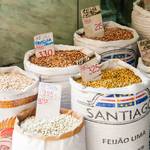
How much does the food cost?

Do people in Spain speak English?
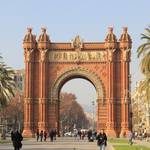
Are Madrid and Barcelona city cards worth buying?
